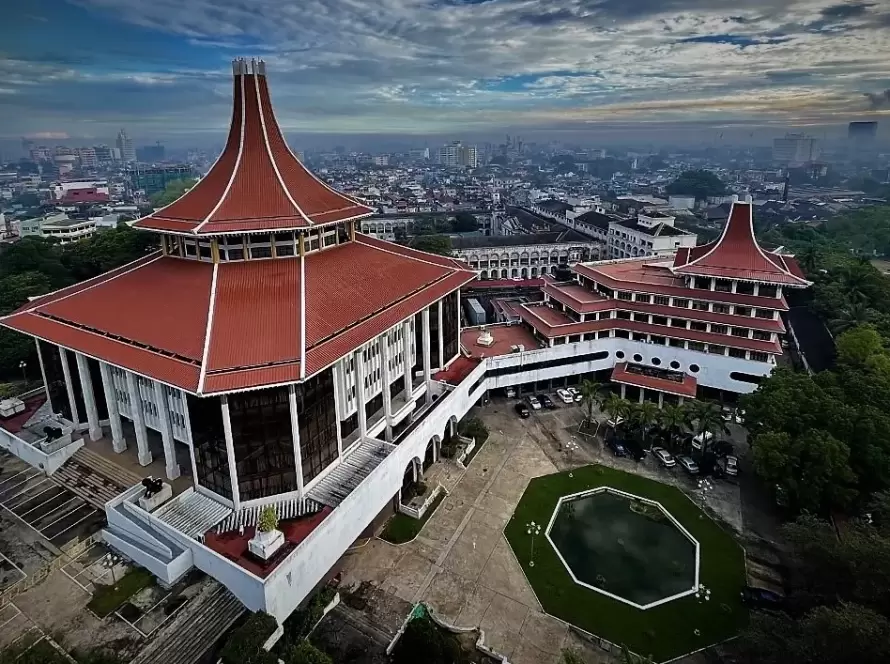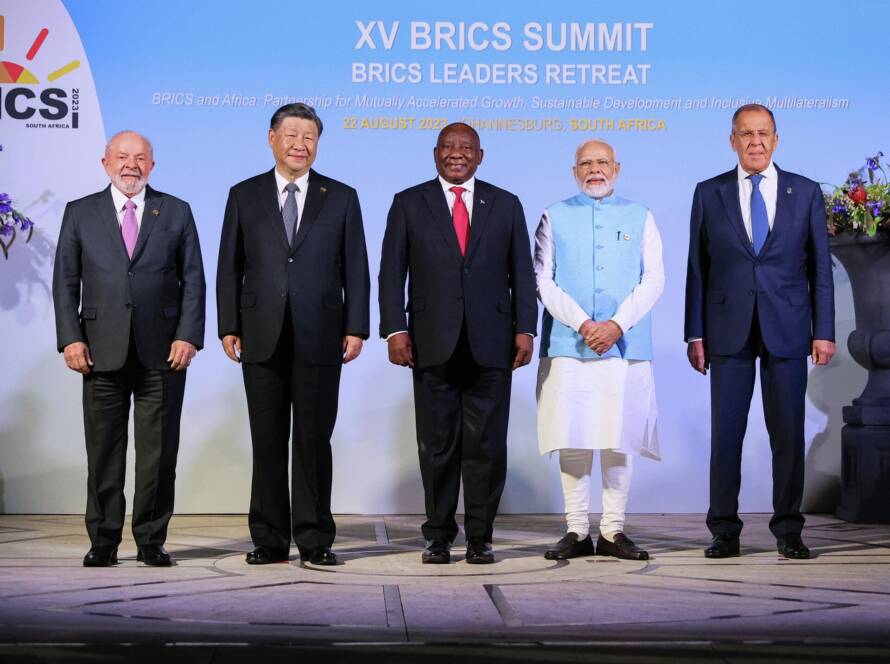By Aakil Riyaz
News outlets were recently in a frenzy over Putin’s recent visit to North Korea. Reports of a pact between the Russian premier Vladimir Putin and the supreme leader of the Democratic People’s Republic of Korea (DPRK) initially led to much speculation.
These rumors were not without a basis. It was later revealed that the purpose of this meeting was the inking of a watershed moment between the two nations. This turned out to be the signing of a “Strategic Partnership Agreement” on June 18.
Before delving into the contents of the agreement and its treaty, one must examine the historical legacies that have gravitated in making this agreement more than just signatures on paper.
Russia and North Korean relations stretch up until the point of the Korean War (1950-1953), following World War II. Korea had been divided into North and South Korea (RK), with a dividing line known as the 38th parallel. While the Unites States occupied the South, the Soviet Union occupied the North.
Moreover, the USSR assisted the North during the Korean War by providing them with military aid. This relationship was further solidified during the Cold War, leading many to believe that this would be a friendship to stand the test of time. The only time the relationship between the two was threatened was when the USSR commenced relations with South Korea, following the collapse of the Soviet Union.
Yet, under President Putin, since the early 2000s, Russia sought to revitalize and reinvigorate its relationship with North Korea. Since then both nations have explored avenues of economic cooperation, trade and even transportation projects such as the Rajn-Khasn project.
Further, Russia has used its power as a permanent member of the United Nations Security Council to defend North Korea against harsh economic sanctions and the occasional threat of nuclear disarmament to the nation. Thus, the two nations coming together to sign this agreement does not come as a surprise, but the ambiguous nature of it poses a cause for concern to many on the global arena.
In a dramatic turn of events, Putin and Kim’s signing of the strategic partnership agreement primarily included a mutual defense pact between the two states. The pact mentions of how the two states will mobilize all manner of military assistance if one of the parties was to fall into a state of war and with the ongoing war between Russia and Ukraine, this is not a point to be overlooked.
Interestingly, the partnership between both nations has the potential to last as long as the war between Russia and Ukraine continues. North Korea has allegedly shipped a vast amount of missiles and other weaponry to Russia: the most notable being the KN 23/24 missiles that were displayed in action in Ukraine.
Despite both Russia and DPRK denying these claims, there has been credible evidence of such activity. Yet, despite Russia’s requirement for such military assistance, the question of what North Korea would expect in return has also been brought into discussion.
Unfortunately, this still presents a black-box problem as we have no idea about the requirement(s) that North Korea would expect in return for its assistance towards Russia. Nevertheless, Russia has worked towards stymieing any severe sanctions against North Korea, along with China.
This has left another regional member and an unwitting ally of the two nations, China wary of the situation at hand. Although stating that it prefers to refrain from providing Russia with lethal military aid against its continued onslaught on Ukraine, China has sought to provide Russia with non-military aid, primarily towards economic support.
The centerpiece to the Russia-North Korea relationship is its role as a counterbalance to the United States’ influence in East Asia. During the Korean War, Russia, China, and North Korea came together against the US-Japan-South Korea tripartite alliance, leading to a situation of intense powerplay between the states.
As the age old adage goes, “history repeats itself.” This also brings to light the issue of how a potential resurgence of such dynamics could arise at some point in the future.
Upon assessing and understanding the gravity of the situation here, one might ask, “What implications does this pact have for the rest of the world?”
The answer is simple. Putin has abandoned all interest in allying himself with the US- led world order and has carefully chosen to ally himself with China and North Korea.
Again, the possibilities of co-operation remain vast and unprecedented, and most definitely presents itself as a cause for concern.
This quid-pro-quo alliance could well be a revival of the Treaty of Friendship, Cooperation and mutual assistance between the USSR and North Korea, following the aftermath of the Korean war, which was voided when the Soviet Union collapsed.
Putin revitalized this during the early stages of his regime. Yet, these agreements did not include a mutual defense agreement. This is the lacuna that the present pact doubtless hopes to address.
Despite the long-standing, yet complicated relationship between the two states, the wariness between the two has been widely speculated by many, bringing about the question of whether this relationship is a genuine alliance or nothing short of a marriage of convenience.
Aakil Riyaz is an undergraduate at the University of London, reading for a BSc in Politics and International Relations. Aside from his studies he is an enthusiastic researcher and an avid Rotaractor. He can be reached at aakilriaz@gmail.com.
Factum is an Asia-Pacific focused think tank on International Relations, Tech Cooperation, Strategic Communications, and Climate Outreach accessible via www.factum.lk.
The views expressed here are the author’s own and do not necessarily reflect the organization’s.


